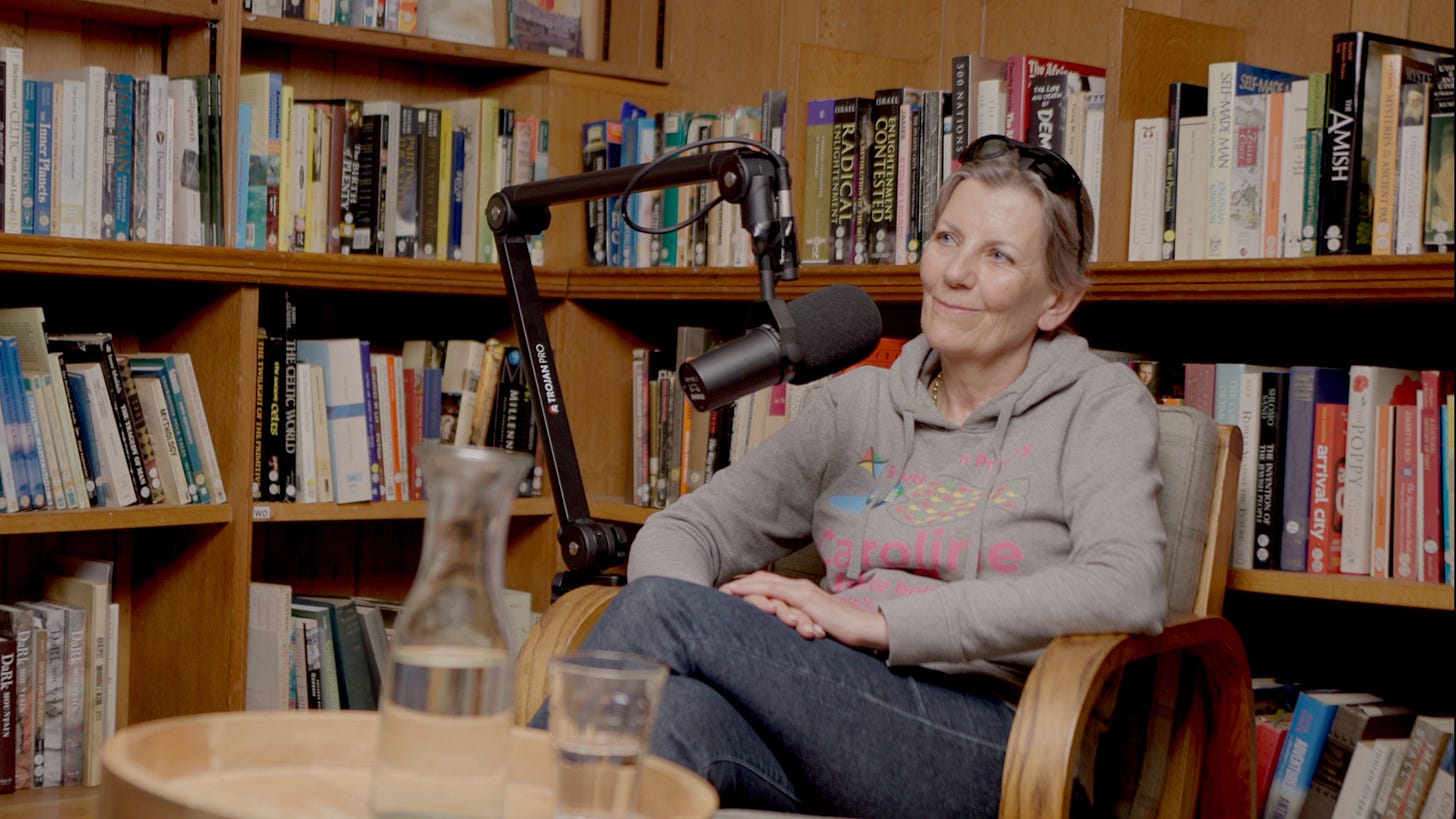The People's Primary: How One Constituency Took Back Control
Anthea Simmons reveals how the South Devon Primary mobilised voters to elect a progressive MP, breaking a century of Conservative rule and offering a blueprint for democratic renewal across the UK
A grassroots-led candidate picking process helped turn a 12,000 Conservative majority into a 7,000-vote defeat, challenging traditional party politics on July 4th.
The groundwork began a long time before polling day, as South Devon Primary’s Anthea Simmons explains to Byline Times Chief Reporter, Josiah Mortimer.
Josiah Mortimer: Anthea Simmons, thank you so much for joining us here in the library at Dartington Hall for the Byline Festival.
You helped set up and run the South Devon Primary recently in the UK general election, which involved citizens in selecting an anti-Conservative candidate. Could you talk us through what happened in the general election and how you set up the campaign?
Anthea Simmons: Simon Aldridge was the originator of the idea. Totnes actually has a precedent for a primary because an open primary selected [Conservative MP] Sarah Wollaston in 2010.
Simon approached me as the editor of West Country Voices because he knew I was campaigning hard against the Tories and calling them out. He also involved Ben Long from South Brent, who was heavily involved in the Climate Action Network.
The three of us were looking at what Neil Lawson calls a "progressive tragedy", where the vote was split between Liberal Democrats and Labour, who were level pegging in the polls. Nobody knew who to back. Totnes is quite a diverse constituency, so some areas might go Labour, some areas might go Lib Dem, and the Conservative was going to get through the middle. The constituency had been Conservative for 100 years, with the result that about 25% of the registered voters didn't bother to vote because they thought it was a fait accompli.
We thought tactical voting wasn't going to be the answer because the polling was inconclusive. The best thing was to pull together as a community and decide who we wanted to back to beat the Conservative. We ran a long-term education programme, going out into towns and villages with a "democracy metre" where we polled people about how they felt about life and whether they'd like to see a change. We started in July 2022.
We ran seven town halls in towns across the constituency in March. Over 1,000 people attended those sessions in the cold evenings and driving rain. They listened, asked lots of questions, and voted. Of the 1,021 people who voted, some 72% voted for Caroline Voaden. So we had our champion.
Josiah Mortimer: Caroline Voaden was elected in the general election. How do you think that came about? Do you think the South Devon Primary had a big role to play?
Anthea Simmons: Everybody who attended those town halls came away saying, "Oh my God, this is going to be so different. I feel part of the community. I didn't realise quite so many people were anti-Conservative. I feel empowered. I'm going to use my vote and tell everybody else."
We ran a massive campaign to raise awareness of her candidacy. We also weighed in behind her support. Whereas she might have expected to have 20 or 25 stalwarts leafleting and canvassing with her, she suddenly had access to 100 people who were up for doing it, most of whom had never been involved in politics before.
George Monbiot got behind it and wrote about it in The Guardian. Various people got interested in us. The parties were not happy; they clearly don't like anything being taken away from central control. Tribalism played a part, but most people parked their tribalism. People had posters up saying, "I'm Labour, but I'm voting Caroline Voaden" or "I'm Green, but I'm voting Caroline Voaden." As a result, she won with a 7,000 majority.
Josiah Mortimer: That's an enormous swing.
Anthea Simmons: It's an enormous swing from a 12,000 majority for the Conservative the last time. We had a 68% turnout, which was higher than the rest of the country. Now we've got a whole body of people who are really invested in her, and she's really invested in them. So it's a win-win.
Josiah Mortimer: Is it in your eyes a lesson for other constituencies? What happens now? Presumably, South Devon Primary will continue in some form. But do you want to see it spreading to other parts of the country as well?
Anthea Simmons: We made all our primary material open source and we cloned websites for other people. There were primaries in Totnes, Newton Abbot, Horsham, and North Devon. Unfortunately, it didn't have the desired effect in those places, partly because most people were banking on an October or November election, so they hadn't held their town hall meetings. They had to pivot to tactical voting.
We're now getting a lot of inquiries from people saying we've got to do this next time. We'd love it not to be necessary because we'd love to have proportional representation.
Josiah Mortimer: Would you like people who are interested in having one of these primaries locally to get in touch with you and have a chat?
Anthea Simmons: We've got a general website called politicalprimary.org. You can go onto that and see how the model works. We've got lots of videos and vox pops of people and how they came out of these meetings feeling fired up.
Take back your power.
Josiah Mortimer: Thank you so much for joining us, Anthea Simmons from the South Devon Primary. For Byline Times readers, Byline Podcast listeners and Byline TV viewers, the message is to get in touch if you're interested in having one of these primaries ready for the next election.


